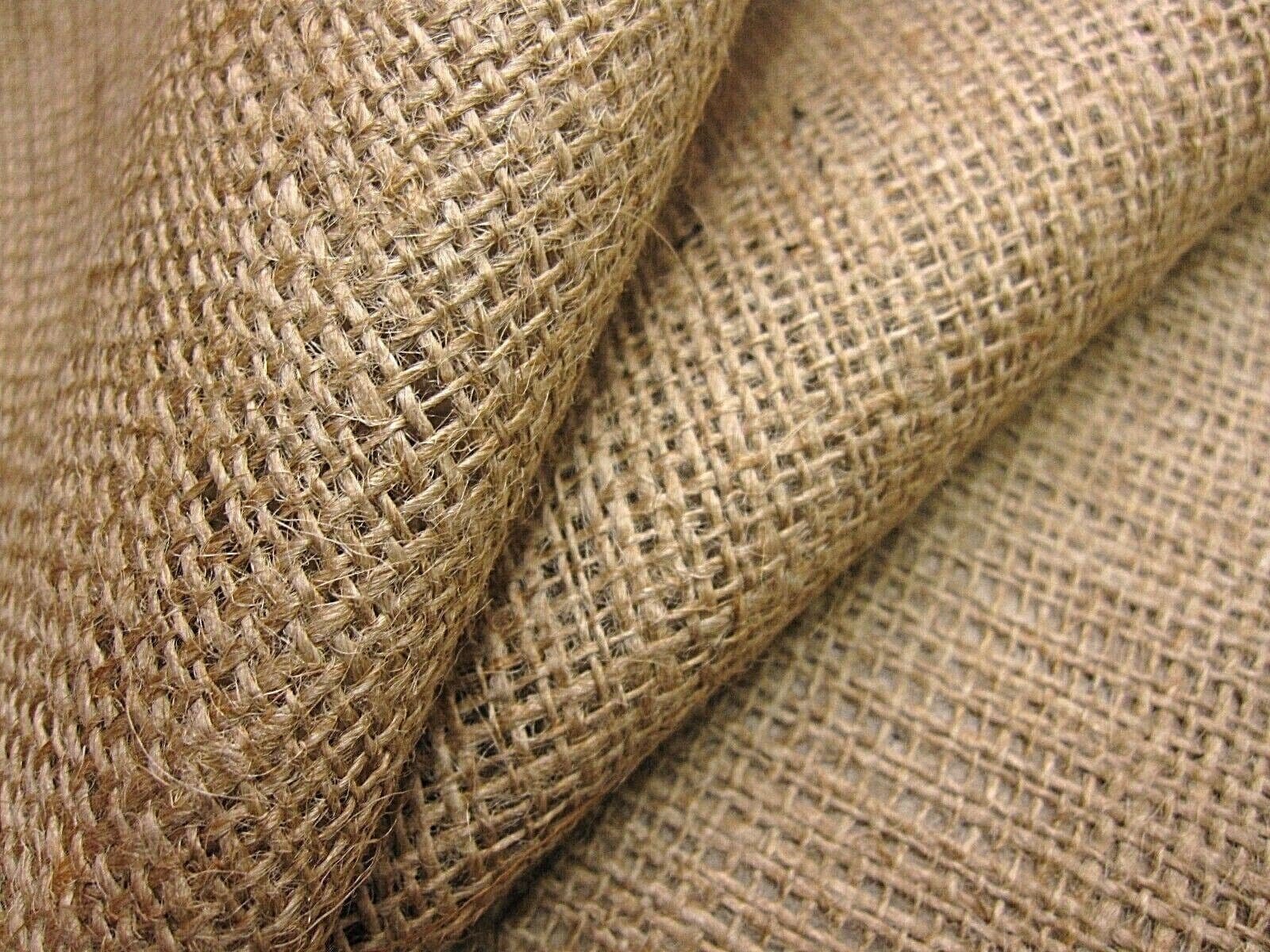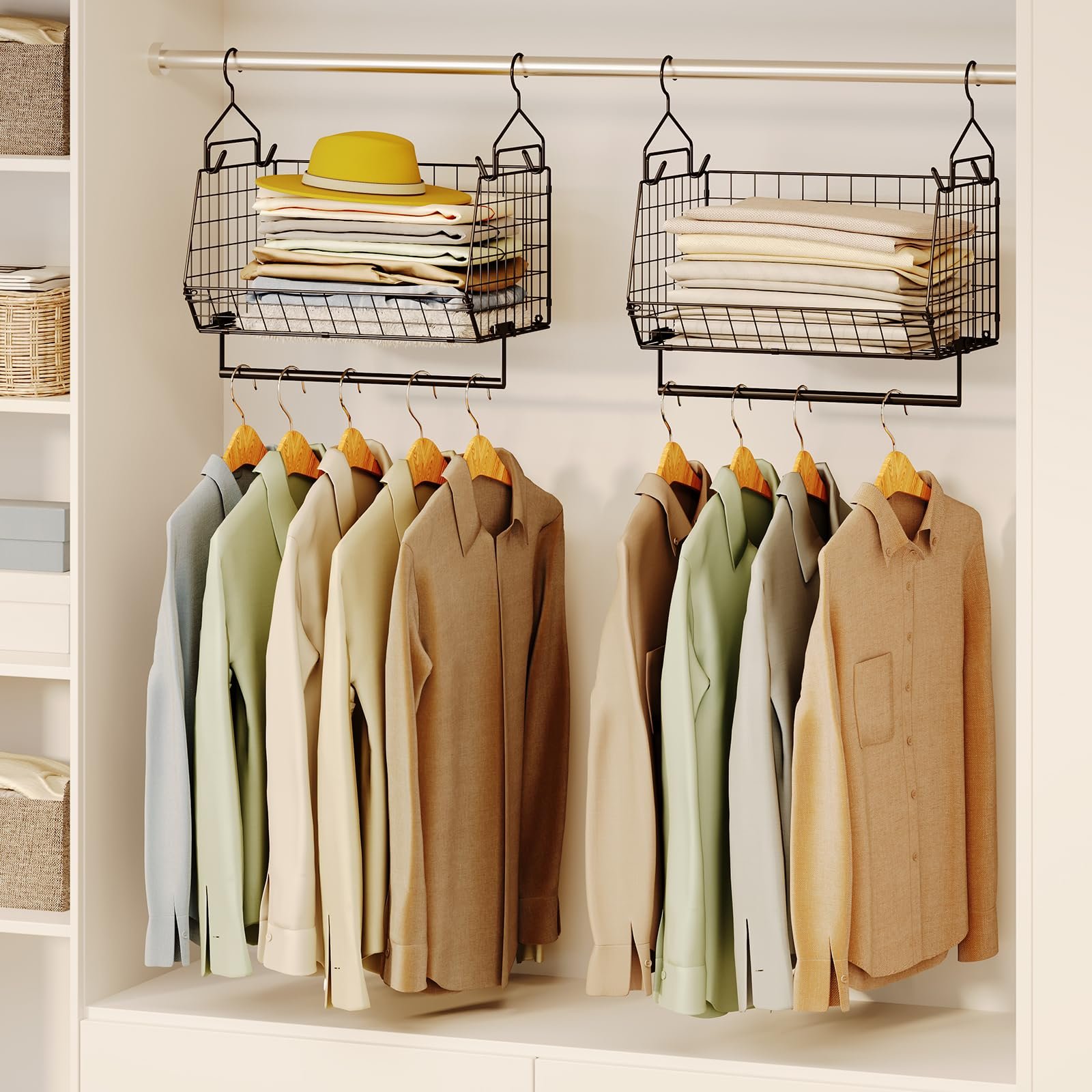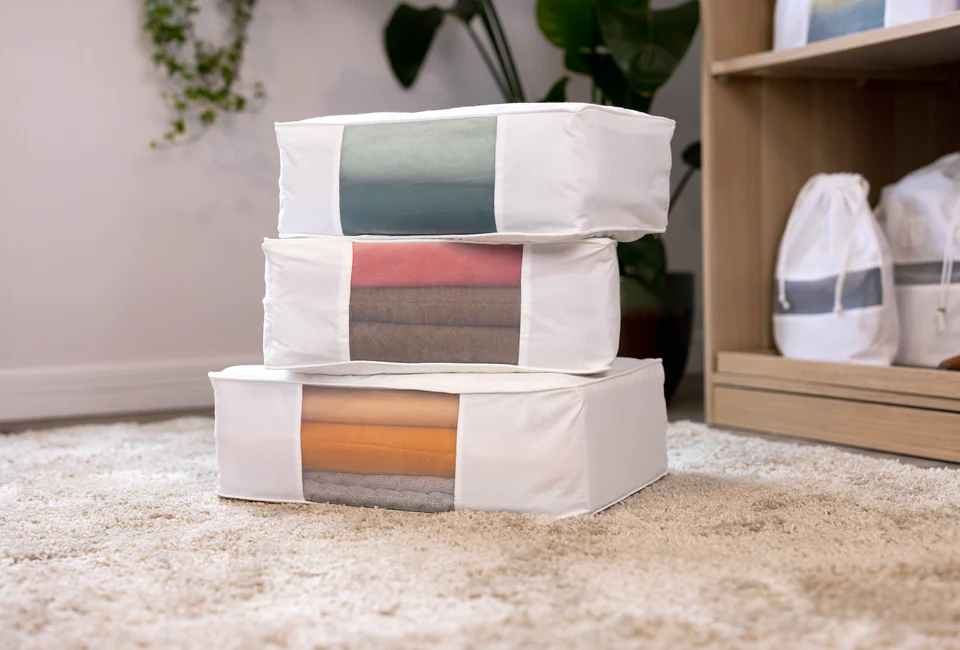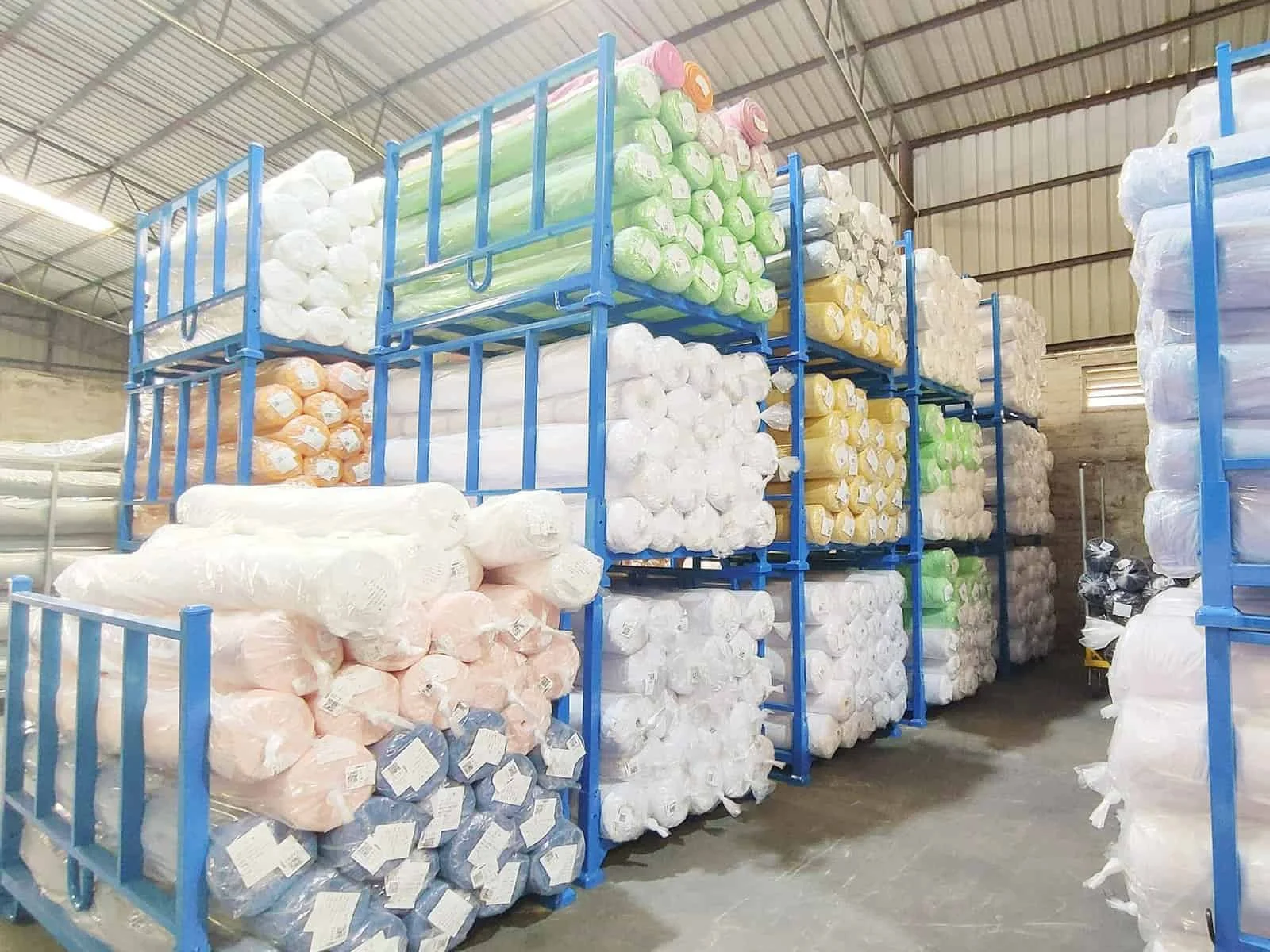Few things are more frustrating than buying a new garment, storage bag, or organizer only to see tiny fabric balls—called pills—appear after a few washes. Pilling is not just a cosmetic issue; it signals wear and tear that reduces the lifespan of the product.
So, what type of fabric doesn’t pill? The answer lies in both fiber composition and weaving method. This guide explains why pilling happens, which fabrics resist it, and how industries use these fabrics for clothing, home storage, and travel products.
What Is Fabric Pilling?
Pilling occurs when loose fibers on the fabric surface tangle together into small balls after friction. Common causes include:
Repeated rubbing (e.g., washing machine, regular use).
Low-quality short fibers that easily loosen.
High-friction areas such as underarms, seat cushions, or bag edges.
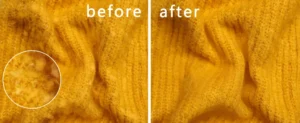
Fabrics That Tend to Pill
Some fibers are more prone to pilling due to their length and softness:
Acrylic – short synthetic fibers, pills easily.
Wool blends – especially with shorter staple fibers.
Low-quality polyester – pills when not tightly woven.
Cheap knits – loose construction increases fiber shedding.
What Type of Fabric Doesn’t Pill?
1. Long-Staple Cotton
Reason: Longer fibers stay intact, reducing surface shedding.
Examples: Egyptian cotton, Pima cotton.
Application: Premium storage covers, durable T-shirts, bed linens.
2. Linen
Reason: Strong, smooth fibers resist abrasion.
Application: Cushion covers, storage bins, and summer clothing.
3. Silk
Reason: Continuous filament fibers; smooth surface prevents tangling.
Application: Luxury storage pouches, high-end apparel.
4. Polyester (High Quality, Tightly Woven)
Reason: Durable, strong fibers when woven in ripstop or oxford structures.
Application: Laundry bags, travel organizers, fabric storage boxes.
5. Denim (Cotton Twill)
Reason: Heavy weave, tightly packed fibers resist surface wear.
Application: Jeans, sturdy storage baskets, utility bags.
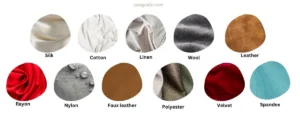
Beyond Fiber: Weaving Matters
Even fabrics made of the same fiber can behave differently depending on how they’re woven:
Tightly woven fabrics pill less than loose knits.
Smooth finishes (like mercerized cotton) reduce fiber shedding.
Blended fabrics (e.g., cotton-polyester) can combine softness with durability if designed properly.
Industry Note: For foldable storage boxes, we often use polyester oxford with anti-pilling finishing to ensure long-term durability.
Quality Testing for Anti-Pilling Fabrics
Factories and buyers often conduct:
Martindale Abrasion Test – measures how many rub cycles fabric can withstand before pilling.
Wash testing – checks pilling after multiple laundry cycles.
Surface inspection – evaluates smoothness and fiber shedding.
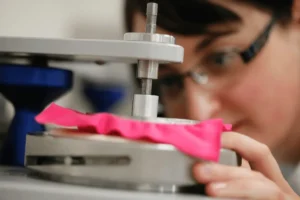
Applications in Home Storage and Travel Products
Fabric storage boxes – require smooth, durable fabrics to maintain appearance.
Laundry bags – benefit from tightly woven polyester to withstand heavy use.
Travel organizers – rely on anti-pilling fabrics to stay attractive after frequent handling.
Example: A European retailer requested polyester oxford storage bags with anti-pilling treatment to ensure products looked new even after extended use.
Conclusion
So, what type of fabric doesn’t pill? Fabrics with long, strong, or smooth fibers—like cotton, linen, silk, high-quality polyester, and denim—are less likely to form pills. Tighter weaves and professional finishing treatments further enhance durability.
For both apparel and storage products, choosing anti-pilling fabrics means longer-lasting quality and higher customer satisfaction.
👉 Interested in sourcing storage products made with durable anti-pilling fabrics? Contact us today to request samples and specifications.

